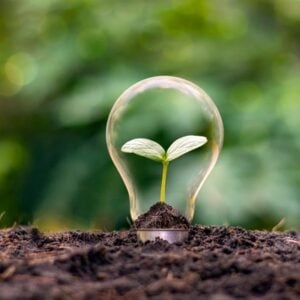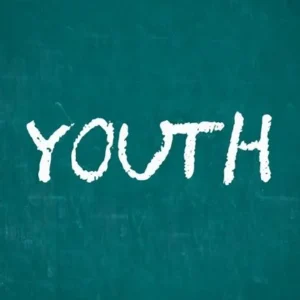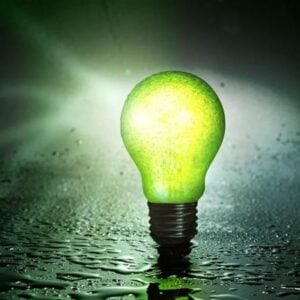In the mining city of Boké, Guinea, frequent power outages had long stifled productivity, frustrated residents, and fueled social unrest. Entrepreneurs like Safiatou Bangoura struggled to maintain their businesses, relying on costly and polluting generators to keep their workshops running. Daily expenses for fuel consumed much of their earnings, leaving little room for savings or growth, while families faced challenges such as studying by candlelight and food spoilage. The lack of reliable electricity hindered economic activity, social development, and overall quality of life for communities affected by mining operations.
The commissioning of the Gambia River Basin Development Organization (OMVG) Interconnection Project, financed by the World Bank, marked a turning point for Boké and the surrounding region. The project built a 225 kV transmission ring connecting Guinea to Senegal, The Gambia, and Guinea-Bissau, enabling electricity trade and access to clean hydropower. In Boké, new transmission lines and substations commissioned in late 2022 brought stable, affordable electricity to thousands, sparking new small businesses, revitalizing local industries, and creating jobs. Safiatou Bangoura was able to open a second welding shop, hire five employees, and significantly increase her income, while families like Aissatou Diallo’s benefited from lighting for studying and refrigeration to preserve food.
The OMVG Interconnection extends beyond Guinea, delivering clean energy to over 6.6 million people across Guinea-Bissau, The Gambia, Senegal, and Guinea, with women representing half of the beneficiaries. In addition to improving household and business access to electricity, the project is a key component of the West African Power Pool (WAPP), promoting regional integration and cross-border electricity trade. The network’s 800 MW capacity allows day-ahead power markets and optimized energy flows, helping countries share resources, stabilize grids, and enhance energy security.
Guinea’s electricity transformation demonstrates the economic and social benefits of regional cooperation and infrastructure development. Since 2015, the country’s electricity export capacity has surged from nearly zero to 440,000 KVA, contributing to WAPP’s full interconnection. With the OMVG Asset Management Agency ensuring smooth operations, Guinea is modernizing its grid, expanding access, and integrating solar energy alongside hydropower. The OMVG project exemplifies how shared infrastructure can drive job creation, sustainable development, and economic resilience across West Africa, transforming lives and communities through reliable electricity.






